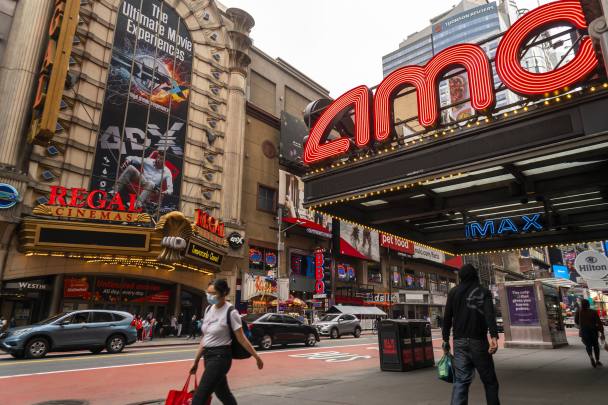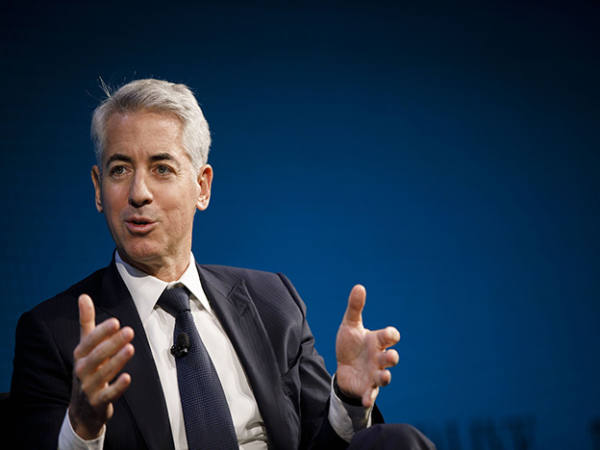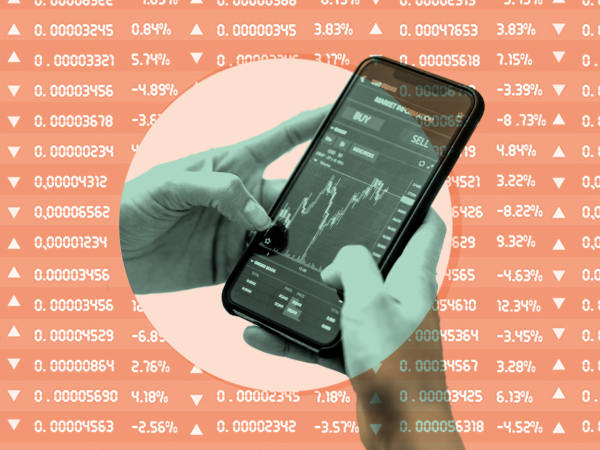- AMC knows the meme company playbook.
- It’s raised a lot of money from investors.
- Just as well, its debt is eye-watering.
- How have the shares defied flimsy fundamentals for so long?
- How much longer can it last?
- Loads of idea generating data.
This week, US-listed cinema chain AMC (US:AMC) has shown how to cut a dash as a meme stock. Alongside massive reported losses (albeit lower-than-expected losses), second quarter results gave the company’s enthusiastic retail backers some very meme-ish reasons to push the shares higher.
For example, AMC will start accepting bitcoin payment for cinema tickets. And yes, management is aware of ideas circulating on bulletin boards that it could do some kind of tie-up with Gamestop (US:GME) - another meme-darling. And it seems even the suggestion that it adopts a mascot to reflect the nickname given its Reddit backers, “apes”, is not considered entirely fanciful.
It certainly pays to play to the crowd when you’re a meme company.
The second quarter results showed that AMC’s average shares outstanding have increased almost five-fold over the last 12 months from 104m to 481m. Being able to readily issue paper to raise cash is very useful for the company given net debt, including lease liabilities, stands at about $9bn. It raised $1.8bn with new shares in the first six months of the year.
The company’s debt burden compares with pre-Covid operating profits of just $236m for the 12 months to December 2019. That was not enough to cover that year’s $341m interest bill. The $25bn enterprise value of the company (market capitalisation plus net debt) also makes those pre-Covid profits look rather diminutive, to say the least.
How have such seemingly trivial ditties such as bitcoin payment promises and ape-mascot rumours helped AMC’s share price to defy such flaky fundamentals since the start of this year while also enabling it to issue shares by the bucketload?
There is doubtless some classic bubble psychology at work (Lure of the Long Shot, 6 May 2021). But there may also be an evolution in the market that supports the longevity of meme-stock style trades.
The ramp up of stocks like AMC and Gamestop is predominantly a retail-investor phenomenon. That’s very different to the dot com boom, another period during which many share prices took off despite flimsy fundamentals. Then institutions as well as retail investors were up to their necks in the deleterious business. Retail seems to be a far more powerful force in its own right today.
At the most basic level, retail is just much bigger than it was a decade ago. Investment firm Research Affiliates points to the volume of transitions accounted for by retail investors having roughly doubled between 2010 and 2020 from just over 10 per cent to a little less than 20 per cent.
Retail investors may also have started to trade differently. Free-to-deal brokerage Robinhood (US:HOOD) has done much to popularise options trading. When call options (the right to buy at a set price) start to make money, the party on the other side of the trade has to cover the position by buying stock. This means aggressive and coordinated option purchases can in theory add fuel to price rises. Social media allows a lot of coordination between retail investors.
The role of professionals seems to have changed too. While it often feels the dangers associated with the growth of passive investing are overegged, this trend does inevitably mean the pros have less influence over price setting. The influence of professionals is further diminished because coordinated action by retail investors has scared off many short sellers.
But while there are grounds to argue changes in market dynamics mean certain types of speculation should be able to last for longer, it still seems very unlikely it can last forever.











